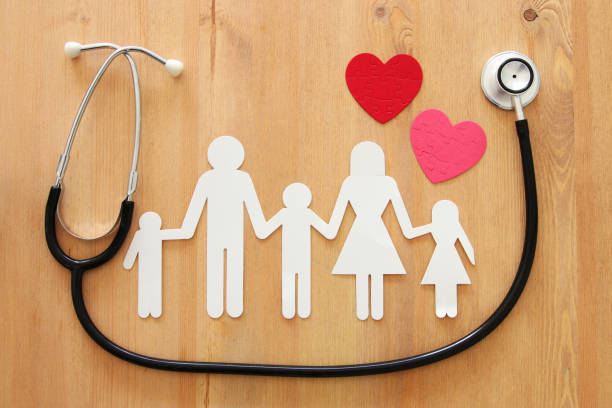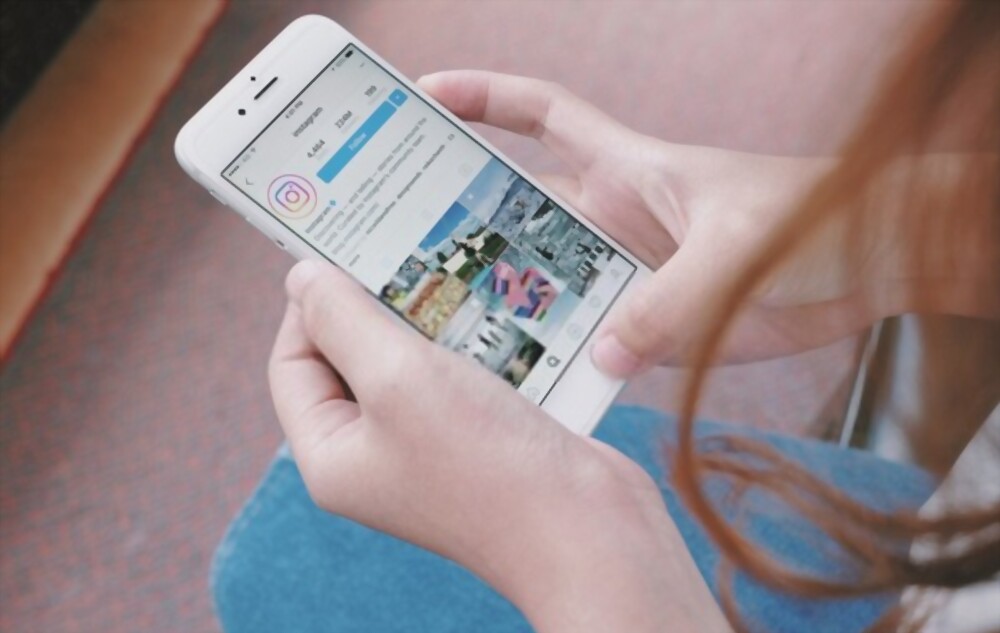Only two things are certain in life: disease and death. As unpleasant as this may be, this is the harsh reality many refuse to face due to fear or superstitions. Some people may have been fortunate enough to have never had a serious disease that required hospitalization or daily medication, but even the most health-conscious and strong individuals are aware that illnesses are inevitable.
Culture and way of life favor the strong and healthy. The ill, weak, and disabled are unfortunately sent to the margins of society, seen as burdens incapable of caring for themselves.
Parents, breadwinners, and primary providers of families all share the silent fear of one day succumbing to the tragedy of a disease or handicap, robbing them of their capacity to work or, worse, the autonomy to take care of themselves. When this happens, most people will think of those who will be left to fend for themselves or be responsible for their physical and financial care.
It isn’t easy to maintain a healthy lifestyle, a specific diet, or exercise and avoid harmful habits used to cope with the stress and exhaustion of everyday life. This fast-paced society makes individuals more prone to illnesses.
A Layer of Security
When people are afflicted with disease, the costs of a check-up, medical tests, and physical exams without health insurance can be exorbitant, and this does not even include hospitalization fees yet.
How, then, can one financially prepare for illnesses or injuries?
The first thing that many should take note of is getting health insurance, which is one of the most critical investments you can make as an adult. Unfortunately, many people believe that health insurance is a luxury rather than a necessity. Others assume that their employer’s insurance coverage is sufficient to safeguard them, but this is not always the case.
Before you decide to obtain one, you need to brush up on what you need to know about health insurance.
Group health insurance may not cover an individual’s comorbidities in their medical history or have insufficient or short-term coverage only. Therefore a health insurance plan, particularly one tailored to your health needs, is critical for your immediate and long-term well-being.
A personal health insurance plan should cover hospitalization and medical bills, including emergency services. It should protect against sicknesses even later in life, and you can rely on it even if you lose your job.
Furthermore, it is easier to maintain your health with regular medical check-ups without worrying about the costs of hospital fees. If you have private health insurance via your job, it can act as an additional layer of security.
How Health Insurance Can Protect You
Health insurance plans may offer both short- and long-term health insurance, permanent health insurance, short- and long-term care disability insurance, and dental insurance; some may even include life insurance and annuities.
So, what exactly are the advantages of getting one, and who is eligible?
- It Protects Your Health and Career
You’ve experienced the common, if not irritating, seasonal flu and had to call in sick for work. For sick days to be declared valid, you had to obtain a medical or fit-to-work certificate. The costs for the check-up, tests, and the certificate are expensive if paid in cash, but with a company HMO, it is usually free.
Still, a few days off at work due to flu is nothing compared to long-term illnesses that require comprehensive medical exams and hospitalization. This is where you come to question how much your company’s HMO can actually cover and for how long.
Company health insurance plans have certain limitations in terms of longevity and coverage. Alternatively, if you are self-employed and do not have an employer’s group health insurance, the medical fees can be an overwhelming source of stress.
- It Protects the Most Vulnerable
Parents, guardians, family breadwinners, and providers must have personal health insurance to maintain their health and protect their careers against possible layoffs due to a long-term illness while being financially prepared for hospital bills.
They will also be able to continue raising and providing for their children or the more vulnerable family members in the event of sudden unemployment or lack of finances. Additionally, pregnant women can reduce the financial burden of giving birth through health insurance coverage.
Among the most vulnerable age groups are elderly parents, students, and minors. They are not only more susceptible to diseases and potential injuries, but they are also unable to pay for medical care if required.
- It Protects the One You Love
Parents, guardians, breadwinners, and primary providers can include dependents in their health insurance to cover family members. Newlyweds are also advised to invest in their health to save money on medical bills and preserve their long-term happiness.
Quality health and life insurance plans provide adequate coverage in the event of an unexpected illness, injury, or death. Some policies can be tailored to meet clients’ needs, including dental and vision benefits, final expense insurance, or living benefits.
- It Protects You from Debt
Health insurance also means having emergency savings that you can count on in case of unexpected expenses or emergencies. You can be prepared for these unexpected bills or crises if you have enough funds.
People who do not have emergency savings frequently borrow money to cover their expenses, which causes additional financial hurdles later on. Debts can stack up due to incurred interest and take months or even years to repay. Borrowers may end up losing assets used to secure a loan if they do not adhere to the loan’s terms.
Have your emergency savings somewhere safe, secure, and separate from where you keep your money to pay your day-to-day living expenses. This guarantees that you’ll have it when you need it. Emergency savings can also be used to financially provide for your loved ones caused by a period of unemployment or long-term illness.
Be Financially Prepared
Having personal health insurance or emergency savings helps improve and maintain your health and safeguard your savings. Both, however, are the best investments you can ever make for your life and that of your loved ones.
Prevention is better than cure, though, so it will be better to make lifestyle changes to avoid critical illnesses such as heart disease that may creep on you later on in life.















